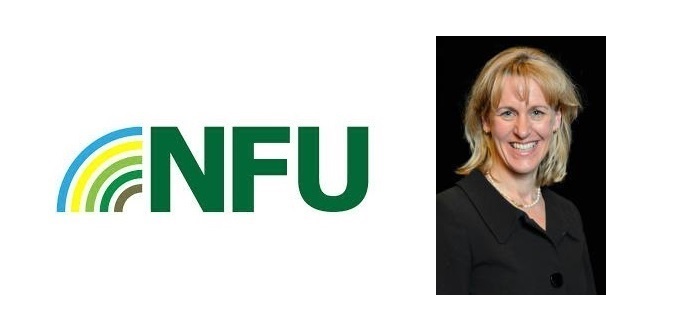Creating solutions which improve flood resilience and build a secure, sustainable supply of water is vital for the future of the food and farming industry, the NFU said today.
NFU Deputy President Minette Batters told delegates at the Floodex UK conference that it is absolutely necessary in order to support the production of safe, high-quality and affordable food.
“Some of our most productive and highest value agricultural land lies in floodplains or coastal regions, is vulnerable to flooding, and deserves to be protected,” said Batters.
“We also need the right regulatory and environment policy in place to combat Britain’s varying climate which has thrown a series of extreme weather events at the sector in recent years. We’re still counting the costs of recent floods in England that affected over 1000 farm businesses. That’s in stark contrast to the dry weather in the past few months, with some parts of the country only receiving 10% of the long-term average rainfall.
“‘The priorities in our Flooding Manifesto remain as fundamental as ever, including the establishment of a long-term, strategic and planned approach to manage flood and coastal risk in the future. This must enable more decisions to be made at a local level, where they will be better informed, and can ensure collaboration between all stakeholders.
“Natural Flood Management (NFM) is increasingly being looked at to help reduce flood risk for downstream communities. However, it is not a panacea, and should only be used alongside a package of other carefully considered measures including river maintenance and desilting.
“The NFU also supports a recent announcement of five pilot catchments where river maintenance may be transferred from the Environment Agency to Internal Drainage Boards. Public engagement in these locations is vital to ensure that there is local support for the proposed changes. But we would like assurances that locations outside these five pilot areas will have an opportunity to determine whether there is local support and mutual agreement between risk management authorities to transfer maintenance powers.”


